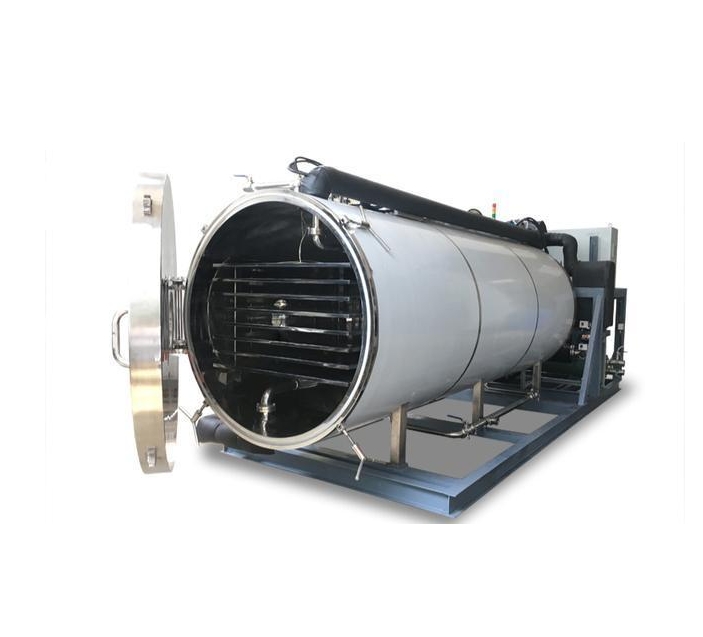Freeze drying is a preservation method that has garnered attention for its unique ability to maintain the nutritional value and taste of food for an extended period. This method involves a two-step process: first, the food is frozen, and then the water is removed through a vacuum process called sublimation. Despite its benefits, there is a prevalent question regarding the electricity usage of freeze dryers, given their operation cycle that stretches between 20 and 40 hours per batch.
Delving into the Electricity Usage
The Intricacies of the Process
At the heart of the freeze-drying process lies the extensive use of electricity, primarily because of the long hours needed to complete a cycle. The freeze dryer works tirelessly over these hours, maintaining a vacuum and low temperatures to ensure that the sublimation process occurs efficiently. The length of time needed for a batch can vary greatly depending on the type and quantity of food, as well as the specific model of the freeze dryer being used.
Modern Efficiency Gains
Despite the seemingly high demand for electricity, it’s important to note that manufacturers have made significant strides in improving the energy efficiency of these machines. The latest models of freeze dryers come equipped with energy-efficient components that minimize electricity consumption without compromising the quality of the drying process. These advancements have somewhat alleviated concerns over the energy use of freeze drying.
Economic and Environmental Impact
A Question of Cost
The initial glance at the electricity usage of freeze dryers might discourage some. However, when considering the economic value provided by the extended lifespan and preserved quality of freeze-dried foods, the energy costs can be seen in a different light. Freeze drying allows for long-term storage without the loss of taste or nutritional value, offering a cost-effective solution to food preservation that, over time, may outweigh the initial electricity bill.
Reduction in Food Waste
Another significant benefit of freeze drying is its contribution to reducing food waste. By extending the shelf life of food products, households and businesses can keep food items for longer periods without the risk of spoilage. This longevity is not only economical but also environmentally beneficial, as it leads to a reduction in food waste, which is a pressing global issue.
Conclusion
While freeze dryers do use a considerable amount of electricity, it’s crucial to look at the bigger picture. The advancements in technology, the economic benefits of long-term food preservation, and the positive impact on reducing food waste all contribute to a more nuanced understanding of freeze drying’s energy consumption. As technology continues to evolve, it is likely that the efficiency of freeze dryers will improve further, making this innovative method of food preservation even more accessible and sustainable.


